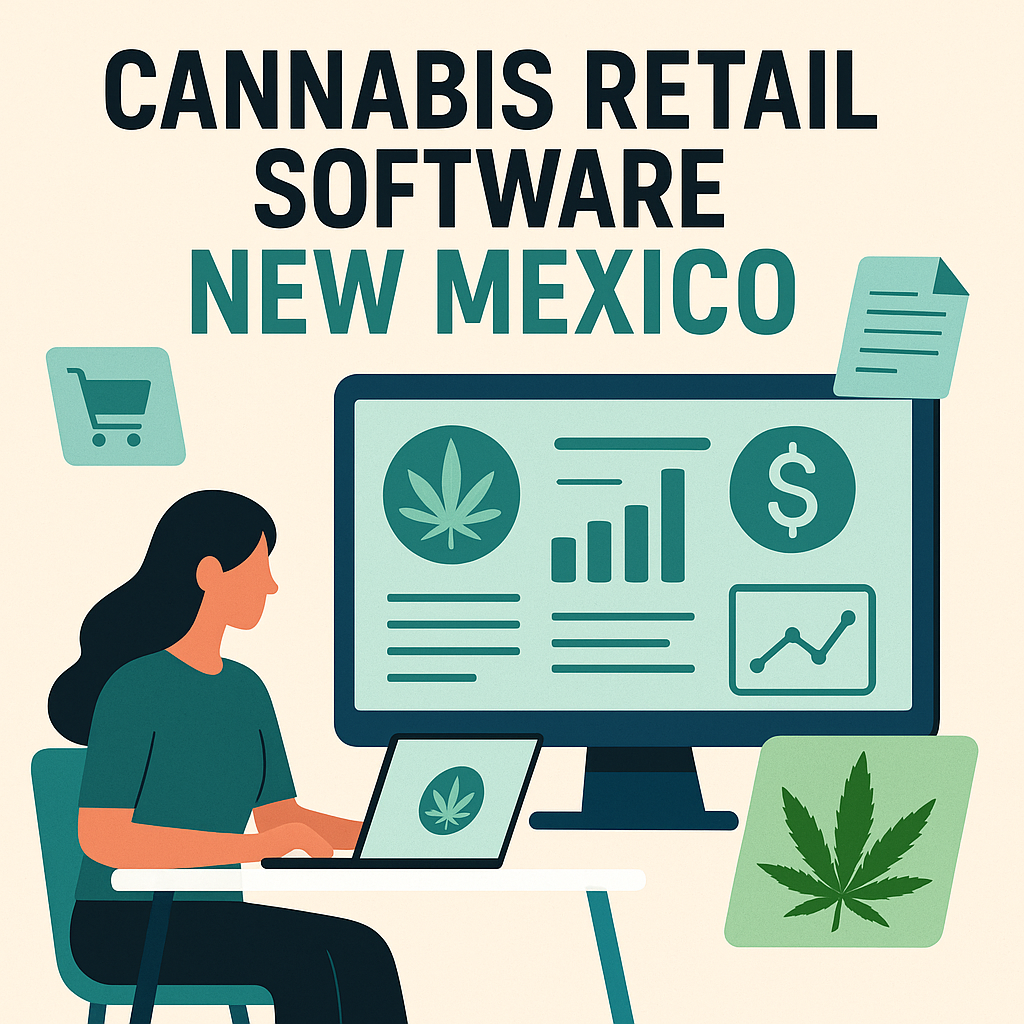Why Choose Adilas Cannabis Software for Cultivation, Manufacturing, or Retail?
If you're looking for a comprehensive solution to manage your cannabis business, Adilas cannabis software is a strong contender. Whether you operate a cultivation facility, a manufacturing operation, or a retail dispensary, Adilas offers a full suite of tools to help you stay compliant, streamline workflows, and grow with confidence.
In this post, we’ll explore why cannabis operators across the supply chain are choosing Adilas cannabis software—and how it can be tailored to fit the specific needs of your business.
What Is Adilas Cannabis Software?
Adilas cannabis software is an all-in-one ERP (Enterprise Resource Planning) system built specifically for the cannabis industry. It’s designed to handle every aspect of your operation—from seed-to-sale tracking to inventory management, financials, compliance, and customer engagement.
Unlike software platforms that focus on one vertical, Adilas provides robust functionality for:
- Cultivators tracking plant lifecycles and harvest yields
- Manufacturers managing batch production, formulations, and compliance
- Retailers overseeing point-of-sale, customer experience, and reporting
With built-in integrations to state compliance systems like METRC and BioTrack, Adilas cannabis software helps businesses stay audit-ready and efficient.
Adilas for Cultivation: Precision from Seed to Harvest
Cultivators need reliable tools to manage their operations from clone to cure. Adilas cannabis software offers advanced cultivation tracking, including:
- Plant tagging and lifecycle tracking
- Growth phase management
- Environmental data and nutrient input logs
- Harvest metrics and yield reporting
- Integrated compliance reporting
The software enables cultivators to identify inefficiencies, improve batch outcomes, and ensure full traceability throughout the process.
Why choose Adilas for cannabis cultivation?
Because it gives growers the data they need to make informed decisions—and the automation they need to scale.
Adilas for Manufacturing: Track Every Batch, Ingredient, and Output
Cannabis manufacturing is highly regulated, and Adilas is built to handle that complexity. With batch-level tracking and detailed inventory control, Adilas helps processors stay compliant and profitable.
Key features for manufacturers include:
- Batch tracking from raw material to finished goods
- Custom formulations and recipe tracking
- Conversion and waste reporting
- Cost of Goods Sold (COGS) calculations
- Certificate of Analysis (COA) integration
Whether you’re making edibles, concentrates, or topicals, Adilas cannabis software allows you to manage production workflows while maintaining full compliance and quality control.
Adilas for Retail: More Than Just a POS
In cannabis retail, customer experience and compliance go hand in hand. Adilas cannabis software includes a powerful dispensary point-of-sale system that integrates directly with inventory, loyalty programs, and compliance tracking.
Retail-specific features include:
- METRC/BioTrack/Leaf Data integration
- Online menu sync and e-commerce support
- Loyalty program management
- Real-time inventory and reorder alerts
- Sales reporting and dashboard insights
You can also manage employee roles, cash drawers, and promotional campaigns—all from one centralized platform.
Why Cannabis Businesses Choose Adilas
Here are just a few reasons why cannabis businesses are making the switch to Adilas:
- Modular and customizable: Adilas is adaptable to your unique business needs. Whether you’re vertically integrated or operating a single license, you only pay for the features you need.
- Real-time compliance: With API integrations to METRC and other state systems, Adilas keeps your data synced and your business audit-ready.
- Cloud-based access: Access your data anytime, anywhere—perfect for multi-location operators and remote managers.
- Strong reporting and analytics: Custom dashboards and robust reporting tools give you the visibility you need to make data-driven decisions.
- Dedicated support and training: The Adilas team provides onboarding, support, and education to ensure your team gets the most out of the platform.
Final Thoughts
Choosing the right cannabis software can make or break your business operations. With its extensive functionality, compliance integrations, and adaptability across the supply chain, Adilas cannabis software stands out as a top choice for cultivators, manufacturers, and retailers alike.
Whether you’re scaling your operation or optimizing what you already have, Adilas can help you save time, reduce risk, and maximize profitability.
Ready to explore what Adilas cannabis software can do for your business? Contact us today for a consultation, or check out our full service offerings at thehelpfulcontent.com.







